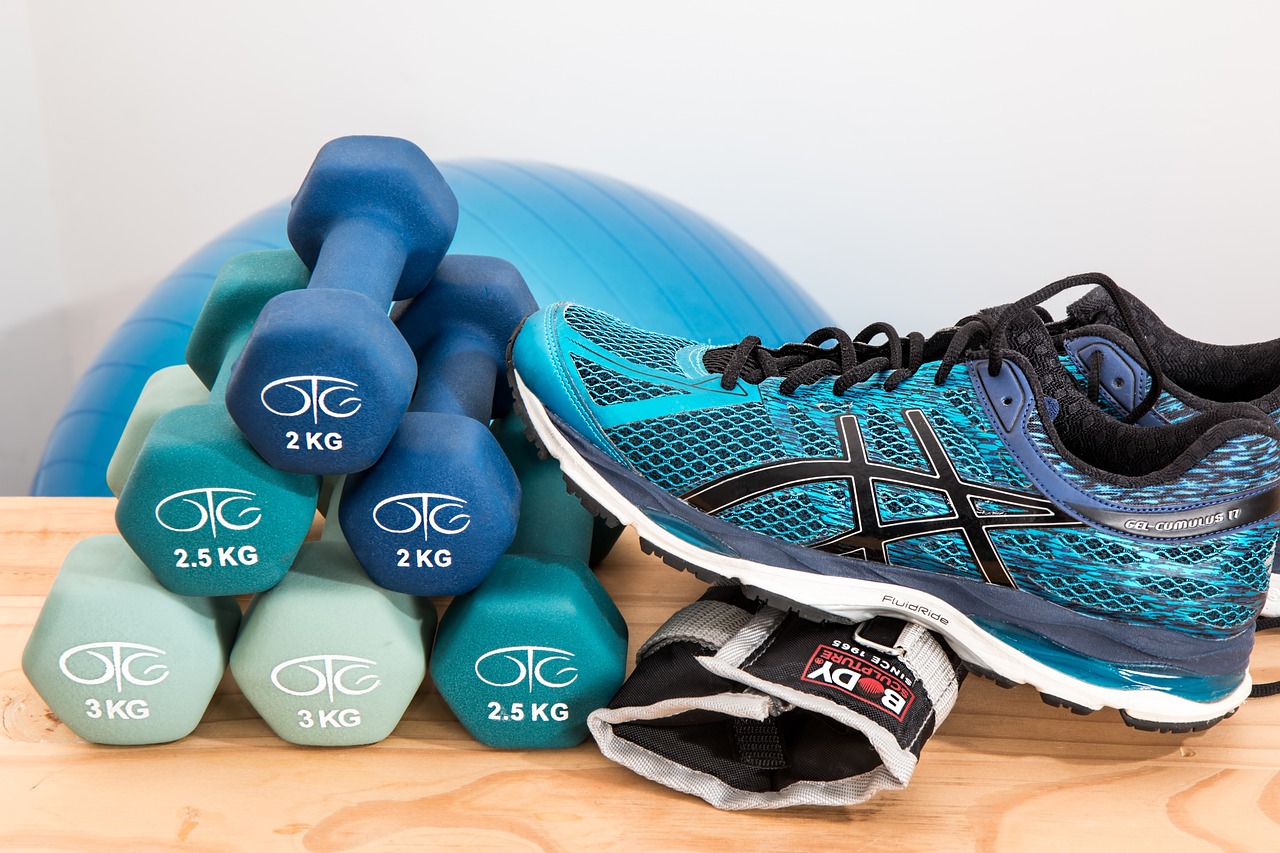Optimizing Your Fitness Journey
Embarking on a fitness journey often feels like a personal expedition, filled with excitement and uncertainty. For many, the goal is to build strength, improve health, or enhance performance, all while navigating the complexities of nutrition and workout routines. With a solid plan and actionable insights, individuals can not only reach their fitness milestones but enjoy the process along the way.
Understanding Strength Training Techniques
Strength training is a critical component of any fitness regimen, particularly for those looking to increase their lifting capacity. Individuals often find that focusing on compound movements, such as squats, deadlifts, and bench presses, yields the best results. These exercises engage multiple muscle groups, promoting overall strength and stability. A common realization among fitness enthusiasts is that proper form can dramatically enhance performance and reduce injury risk.
It is essential for individuals to progressively overload their muscles. This principle involves gradually increasing the weight lifted or the number of repetitions performed. For instance, an individual weighing 205lbs might set a goal to bench press 275lbs by the end of 2025. This aspiration can serve as a powerful motivator, pushing one to adhere to their training schedule and focus on incremental progress.
Nutrition Strategies for Optimal Performance
Nutrition plays a pivotal role in fueling workouts and supporting recovery. Individuals often discover that understanding macronutrients—proteins, carbohydrates, and fats—can significantly impact their performance. For example, protein is vital for muscle repair and growth, while carbohydrates provide the energy necessary for intense workouts. A balanced diet that meets caloric and nutritional needs can empower anyone to push through challenging training sessions.
Many find that meal prepping helps them stay on track. Planning meals in advance ensures that individuals consume the right foods and resist the temptation of less nutritious options. Incorporating a variety of whole foods, such as lean meats, whole grains, fruits, and vegetables, can lead to sustained energy levels and improved overall health.
Creating an Effective Workout Routine
Establishing a well-structured workout routine is crucial for success. Individuals often benefit from a mix of strength training, cardiovascular exercise, and flexibility work. A common approach includes dividing workouts into specific muscle groups or focusing on full-body routines, allowing for adequate recovery time.
For those aiming to increase their strength, incorporating different rep ranges can be beneficial. Lifting heavier weights for fewer repetitions can build maximal strength, while lighter weights with higher repetitions can promote muscular endurance. It is not uncommon for individuals to realize that varying their workouts not only prevents boredom but also stimulates muscle growth in new ways.
Tracking Progress and Setting Goals
Tracking progress is a valuable practice that many fitness enthusiasts adopt. Whether through a journal, an app, or simply taking notes, monitoring improvements can provide motivation and accountability. Setting specific, measurable, achievable, relevant, and time-bound (SMART) goals can also enhance focus. An individual might aim to lift 275lbs by year-end, creating a timeline that fosters dedication and purpose in their training.
As individuals reach these milestones, they often experience a surge of confidence. Hitting a personal record, such as benching 225lbs for multiple repetitions, can be exhilarating. This moment often serves as a reminder of how far one has come and reinforces the importance of perseverance in achieving fitness goals.
Incorporating Recovery and Rest
Recovery is an essential aspect of any fitness program. Many individuals overlook its importance, but allowing muscles to heal and grow can significantly impact performance. Incorporating rest days into a training schedule not only prevents burnout but also helps to avoid overtraining, which can lead to injuries.
Practices such as stretching, foam rolling, and even yoga can facilitate recovery. Individuals frequently report feeling rejuvenated and more flexible when they prioritize these activities. Additionally, ensuring adequate sleep and hydration can further enhance recovery, making it a vital component of any successful fitness journey.
Mindset and Mental Resilience
The mental aspect of fitness cannot be understated. Many find that cultivating a positive mindset makes a significant difference in their training outcomes. Embracing challenges and viewing setbacks as opportunities for growth can help individuals stay committed to their goals. A common realization among fitness enthusiasts is that mental resilience often parallels physical strength.
A supportive community can also play a crucial role in maintaining motivation. Whether through workout partners, fitness classes, or online groups, connecting with others can provide encouragement and accountability. Individuals often share their triumphs and struggles, fostering a sense of camaraderie that enhances the fitness experience.
Setting Yourself Up for Success
To optimize health and performance, it is essential to create an environment conducive to achieving fitness goals. This may involve setting up a dedicated workout space at home or finding a gym that aligns with personal preferences. Individuals often find that having the right equipment and resources readily available makes it easier to stick to their routines.
Moreover, investing in quality workout gear can boost confidence and performance. Whether it’s a comfortable pair of shoes or supportive clothing, having the right gear can make a difference in how one feels during workouts. Many discover that when they feel good in their attire, they are more likely to push themselves harder and enjoy the process.
Conclusion
With a comprehensive approach that includes strength training techniques, nutrition strategies, recovery practices, and mental resilience, anyone can embark on a successful fitness journey. Whether aiming to bench press 275lbs or simply improve overall health, the key lies in commitment, consistency, and a willingness to adapt and learn along the way.

Conclusion
In summary, embarking on a fitness journey requires a multifaceted approach that encompasses strength training, nutrition, recovery, and mental resilience. Each element plays a crucial role in not just achieving your goals but also in enjoying the journey itself. Remember, consistency is key—progress isn’t always linear, but every small step counts. Embrace the challenges, celebrate your victories, and stay committed to your path. You have the power to transform your health and fitness, so keep pushing forward and inspire others along the way!

